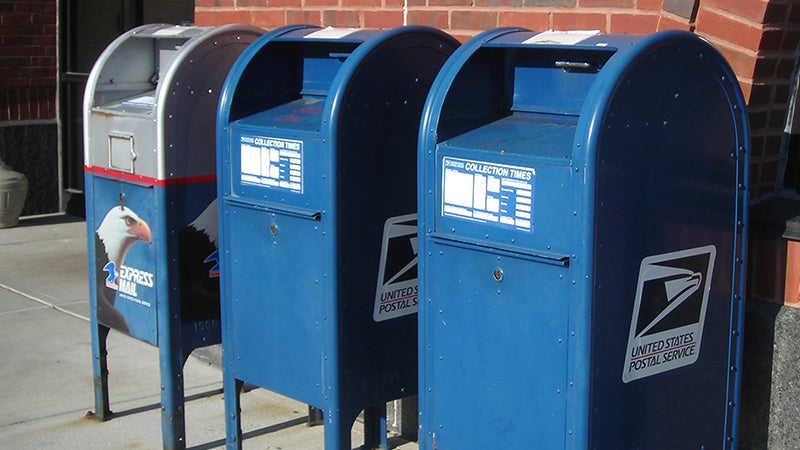Amendments challenge voters
Published 7:56 pm Saturday, November 3, 2012
Of the two state constitutional amendments voters will find on the ballot Tuesday, a question dealing with eminent domain is by far the most controversial.
The second question merely would allow the General Assembly to delay the start of its veto session by a week to avoid scheduling conflicts with holidays. But the first question has potential ramifications for every landowner and municipality in the state.
The amendment would change the state’s constitution to require that eminent domain be used only for a true public use, to define what costs are included in just compensation for the taking of property and to prohibit the taking of more property than is necessary.
Some of those factors already are present in state code, but placing them in the constitution would make them far more difficult to rescind.
The city of Suffolk is concerned about the potential consequences of the amendment. It plans to monitor the associated legislation in the upcoming General Assembly session, Deputy City Manager Patrick Roberts said on Friday. It is not listed in the “support” or “oppose” columns “primarily because of the unknowns associated with it,” he said.
“There’s some language about lost profits and lost access,” Roberts continued. “We know those items are going to impact what it costs local taxpayers to pay for road projects.”
The uncertainty is in how lost profits and lost access will be defined, Roberts said.
City Council members have also expressed concern.
“It’s actually going to be extremely costly to the taxpayer,” Councilman Charles Parr said in an October City Council meeting. “That’s probably one of the most important things on the ballot.”
Roberts said the city will be “asking for better definitions” when it meets with the legislative delegation.
The Virginia Farm Bureau Federation supports the amendment, said Trey Davis, assistant director of governmental relations for the federation.
“This tips the scales back in favor of the landowner,” Davis said. “It puts them on level ground when they’re making the argument against the people that are taking their land.”
To make a change in the state constitution, two consecutive sessions of the General Assembly, with an intervening election, must approve placing the measure on the ballot. It then must be approved by a majority of the voters.
“This way, it can’t be undone by the 2013 or 2014 General Assembly,” Davis said. “It’s one of the very few opportunities you have to go into the voting booth and vote for something that doesn’t have a ‘D’ or an ‘R’ attached to the end. It took bipartisan support to get this on the ballot.”
To download a PDF document with the ballot questions and explanations of them from the State Board of Elections, click here.






